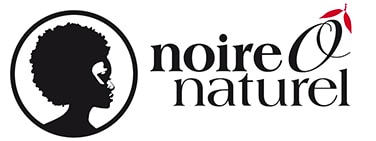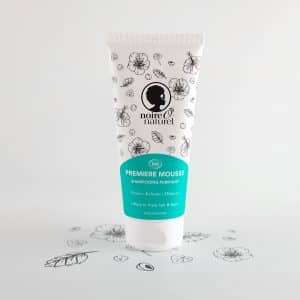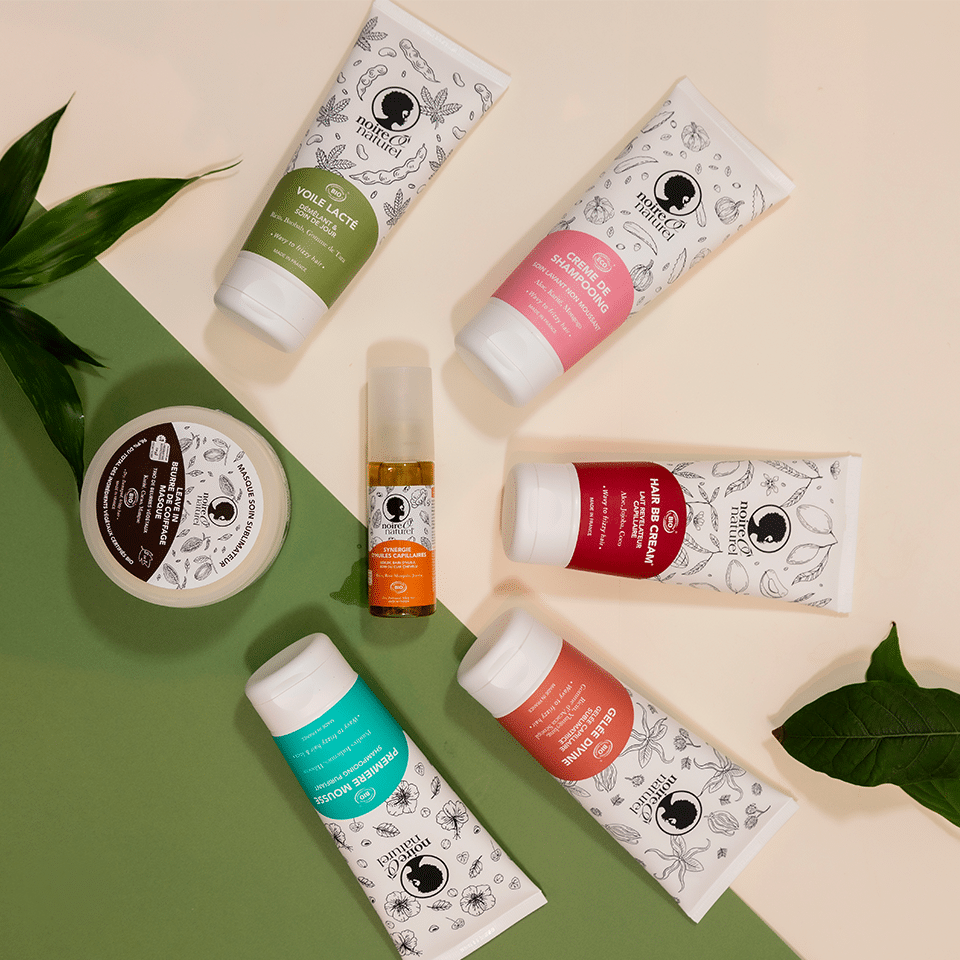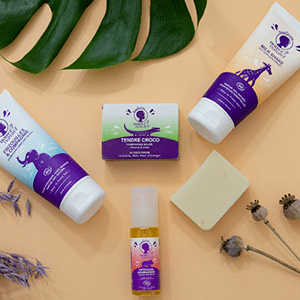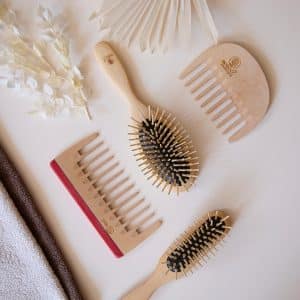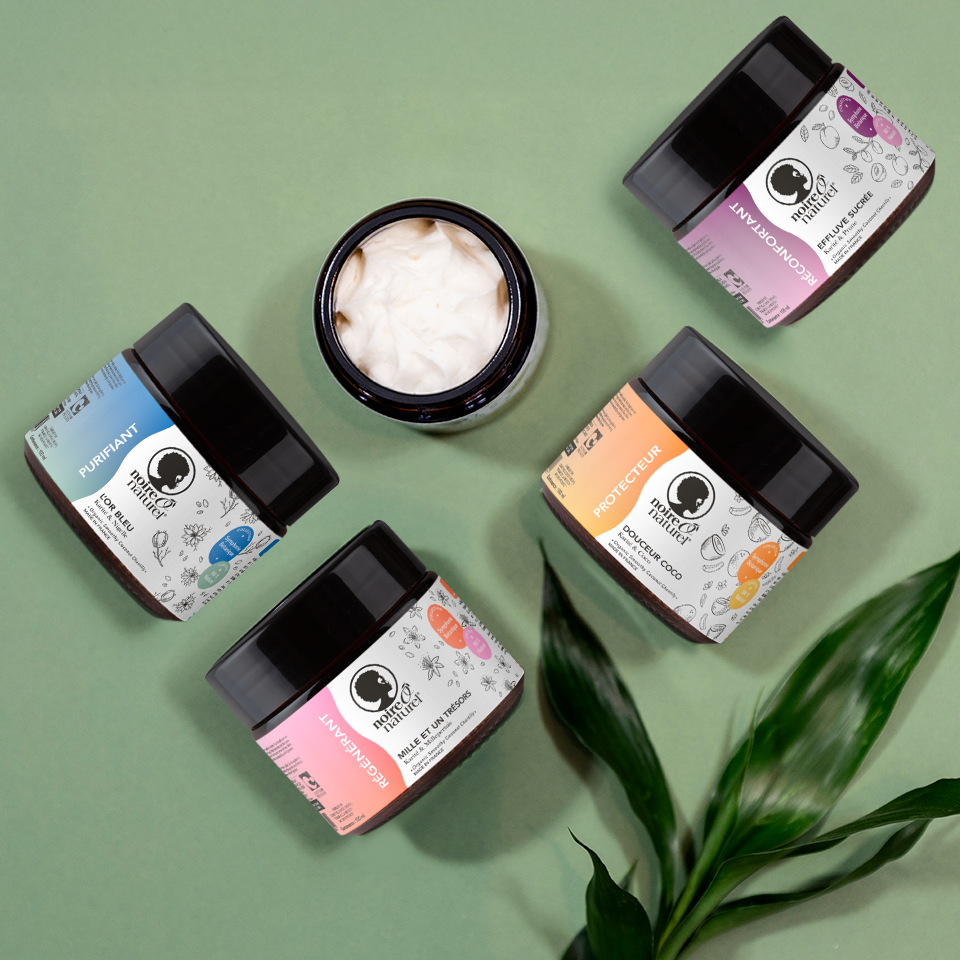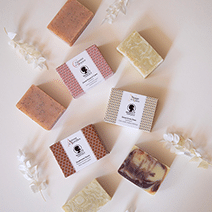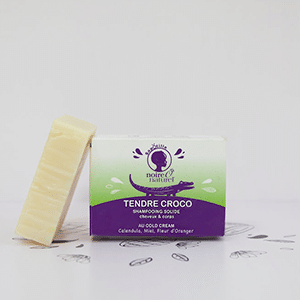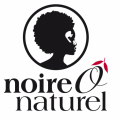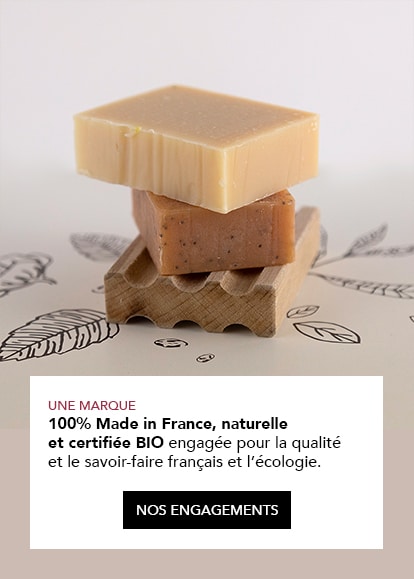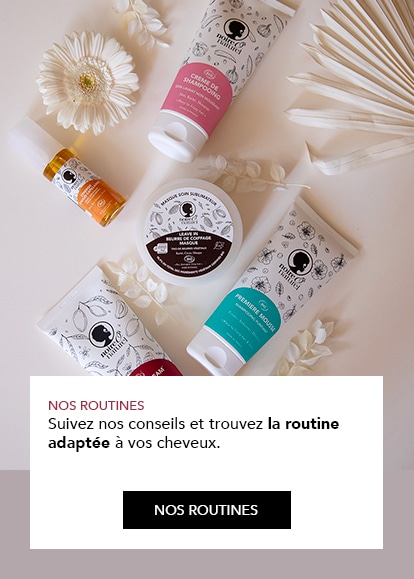Copyright : sora shimazaki
In the world of beauty, terms like ‘clean beauty’, ‘natural’ and ‘organic’ have become very popular buzzwords. They all promise safer, greener products that are more respectful of our health and the environment. However, understanding the differences between these terms and what they actually mean can be confusing. To help you see things more clearly, we’re going to decipher these concepts and explain what they mean for your textured hair (wavy, curly, frizzy).
Clean Beauty: ‘transparent’ beauty
Definition: The term ‘clean beauty’ refers to products formulated without ingredients that are controversial or potentially harmful to health. It’s an approach based on transparency (a priori), safety and efficacy, but there is no strict regulatory standard for this category. Beware, ‘clean beauty’ is especially strong in marketing! This type of product adapts more or less to the new regulations to remove decried products, but does not meet any safety standards. You have to be very careful, there’s a lot of greenwashing going on.
Features :
Ingredients avoided: Clean beauty products often avoid sulphates, parabens, silicones, phthalates and synthetic fragrances.
Transparency: Clean beauty brands advocate transparency on the complete list of ingredients, often with explanations of each component.
Effectiveness and safety: They focus on using ingredients that are not only safe but also effective in solving hair problems.
Benefits for textured hair:
Fewer irritants: Clean beauty products are supposed to avoid irritants for sensitive scalps. But be sure to check the full ingredient lists, because there’s some greenwashing going on!
Hydration and care: Clean beauty formulas often use moisturising and nourishing ingredients that are beneficial for textured hair.
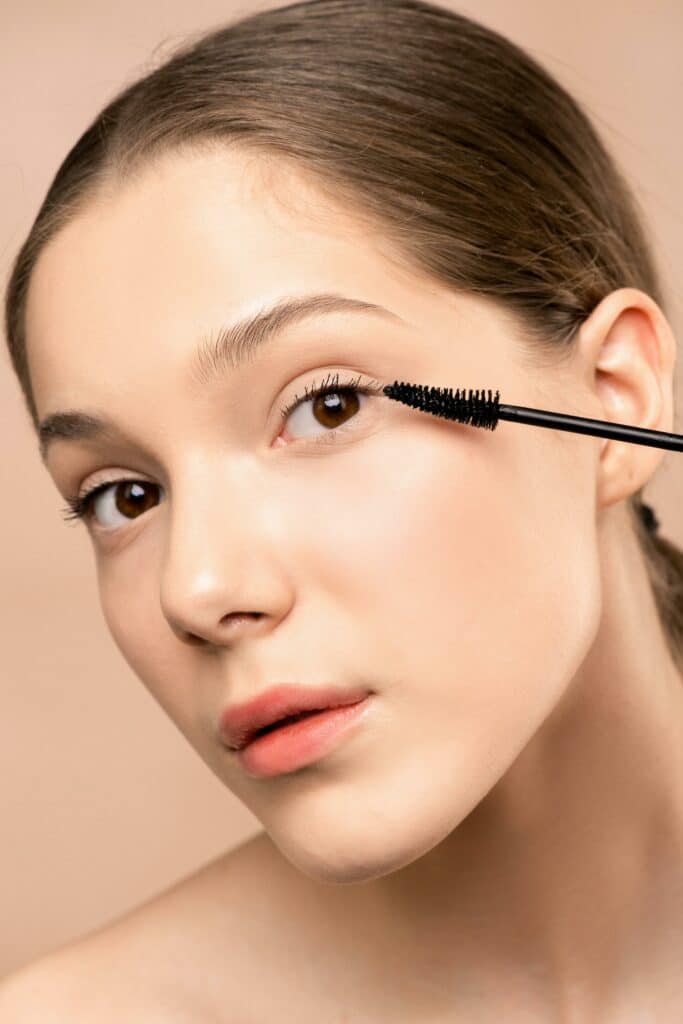
Natural: The essence of nature
Definition: A ‘natural’ product is generally formulated using ingredients derived from natural sources, such as plants, minerals and ingredients of animal origin (in some cases). However, there are no strict regulations, which can lead to variations in what ‘natural’ means from one brand to another. ORGANIC is necessarily natural, but the reverse is not true.
Characteristics :
Ingredients: These products contain ingredients taken directly from nature, such as essential oils, plant extracts and natural butters.
Absence of synthetic products: They often avoid synthetic chemicals and petrochemical derivatives.
Uncertainty about additives: Although natural, some products may still contain preservatives or stabilisers that are not of natural origin.
Benefits for textured hair:
Nourishing: Natural ingredients such as shea butter, coconut oil and aloe vera are excellent for moisturising and nourishing textured hair.
Reduces synthetics: Can minimize exposure to certain chemicals that may be irritating or drying.
Organic: Certified purity
Definition: The term “bio” (or organic) refers to products made from organically grown ingredients. These ingredients are grown without the use of pesticides, synthetic herbicides or chemical fertilizers, and are processed according to strict standards. ORGANIC is necessarily natural: the reverse is not true.
Characteristics :
Certifications: Organic products are often certified by independent bodies such as Ecocert, USDA Organic, or COSMOS Organic. These certifications guarantee that ingredients and production processes comply with strict environmental and ethical criteria.
Ingredients: They contain a minimum percentage of certified organic ingredients, often at least 95% in the final product.
Absence of harmful substances: They generally exclude GMOs, parabens, sulfates and synthetic chemicals.
Advantages for textured hair:
Purely natural ingredients: Ideal for those who want hair care that’s free of pesticide residues and synthetic chemicals.
Respect for the environment: By choosing organic products, you support sustainable, eco-responsible farming practices.
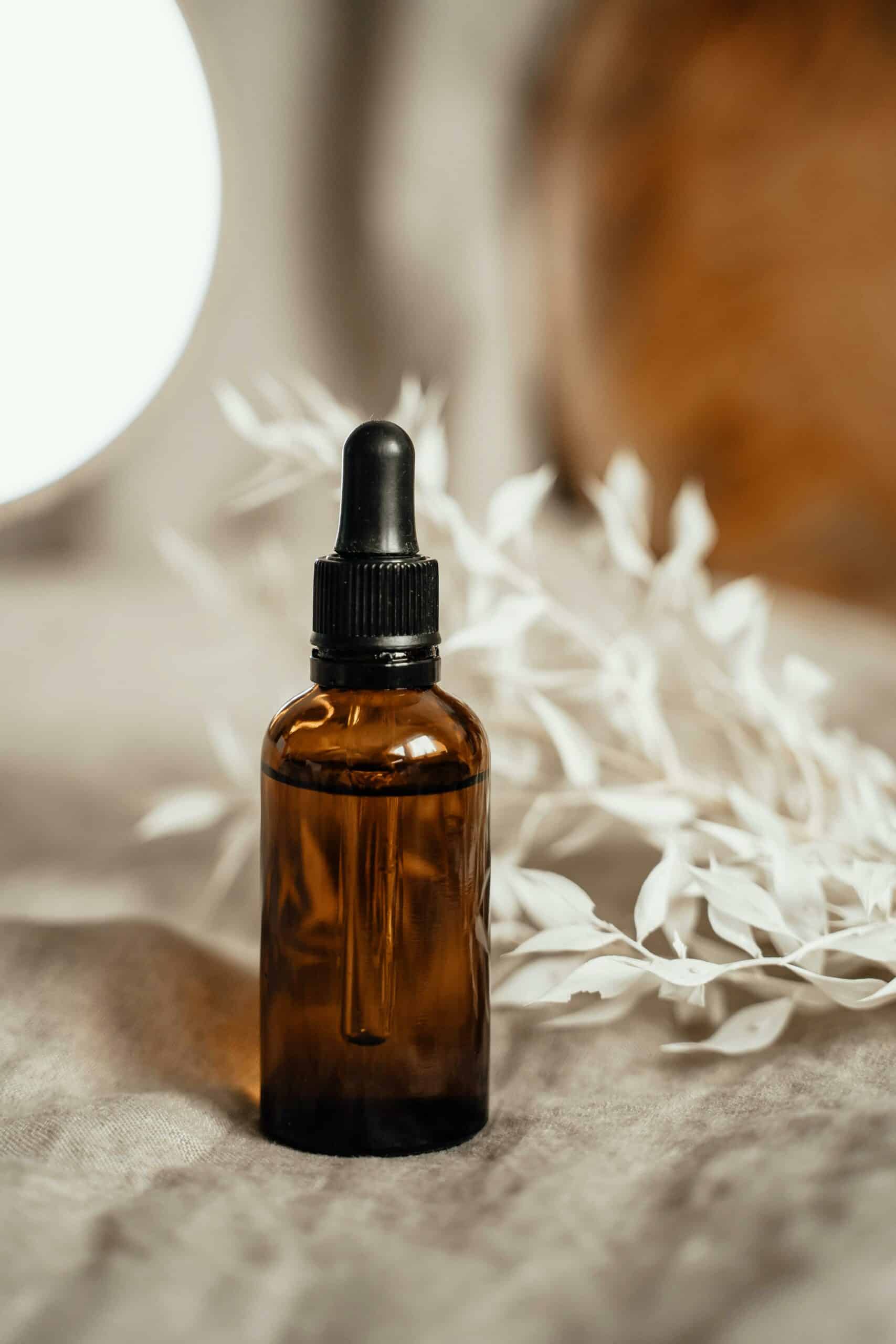
Comparison and selection according to capillary needs
What they have in common :
Commitment to safety: All aim to avoid harmful ingredients and favor safer formulations.
Natural ingredients: Use ingredients derived from natural sources to offer gentler solutions for skin and hair.
Transparency: Emphasize transparency about the ingredients used, although this varies between brands and certifications.
Differences :
Standards and regulations:
Clean Beauty: No strict regulations, depends on brand standards.
Natural: Varies by brand, with no universal regulations.
Organic: Regulated by independent bodies with strict certifications.
Ingredients :
Clean Beauty: Focuses on the absence of controversial products.
Natural: Uses ingredients derived from natural sources.
Organic: Requires ingredients to be organically grown and processed according to strict standards.
At Noireônaturel, we offer certified organic products that meet the highest standards: the best way for you to pamper your hair while taking care of it, the planet and your health.

Understanding the distinctions between clean beauty, natural and organic can help you make informed choices for your textured hair. Each category has its advantages and can meet specific needs depending on your hair texture. At Noireônaturel, we’re committed to offering you organic products that meet the highest standards for nourishing, moisturizing and protecting your hair, while respecting the environment. Adopt products adapted to your hair type and enjoy healthy, beautiful curls, while supporting eco-responsible beauty practices.
